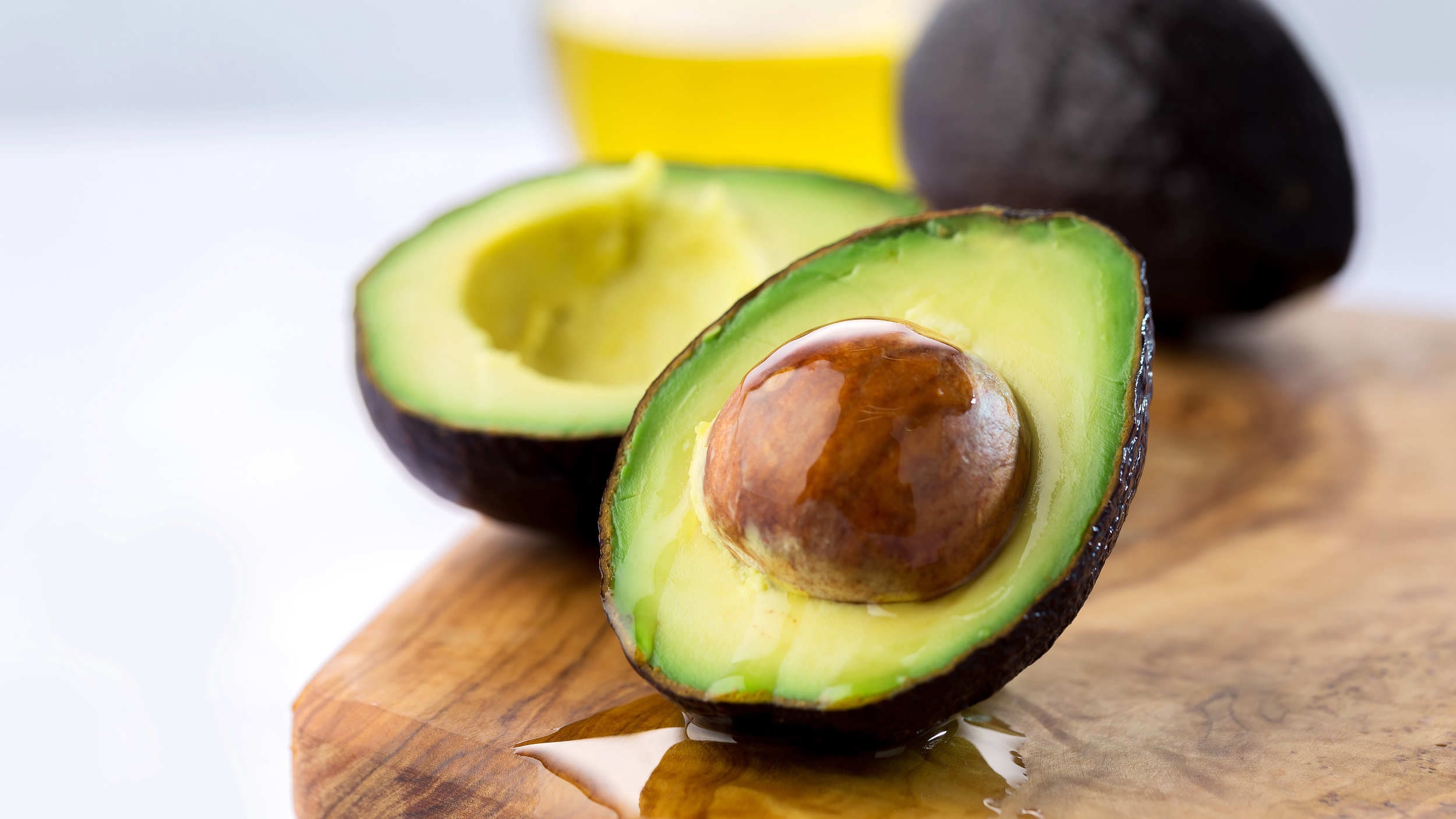
Business
22:57, 24-Dec-2017
China's growing middle class wants Mexican avocados
CGTN

From tequila to avocados, the state of Jalisco in west central Mexico is seeing its exports to China increase, thanks to the expanding Chinese middle class.
Still, the export of avocado to China is currently somewhere between the thoughts of some local officials and a development blueprint.
On Singles' Day this Nov. 11, consumers purchased nearly a million avocados via online sales site Tmall, part of e-commerce giant Alibaba.

A screen shows the value of goods being transacted at Alibaba Group's 11.11 Singles' Day global shopping festival in Shanghai, China, November 12, 2017. /VCG Photo
A screen shows the value of goods being transacted at Alibaba Group's 11.11 Singles' Day global shopping festival in Shanghai, China, November 12, 2017. /VCG Photo
Such a scenario has led some local officials to believe that avocado, the bright-green protein-rich fruit the Chinese consumers have proven fond of, will be another local export with notable potential for growth.
Ignacio Gomez, a spokesman for Jalisco's Association of Export Avocado Producers, said he's confident that his state's produce will be available to Chinese consumers soon.
Right now in Mexico, only Jalisco's neighboring state of Michoacan ships avocados to China.
"It is a market that is responding very well, and the trend indicates that in a few years China will be a very, very important market for Mexican avocados," said Gomez.
Jalisco currently exports 80,000 tons of avocado to countries in Europe, Central and South America, and the Middle East, as well as Canada, Japan, etc.
One of Mexico's breadbasket states, Jalisco first launched tequila exports to China five years ago. In June of this year, the state made its first shipment of cranberries to China, sending 420 cases.
"We have to continue to strengthen the relationship with China, which is exceptional," said Jalisco's secretary of rural development, Hector Padilla.
"It is a market that is moving forward, that is growing, that is diversifying, and that we are cultivating so that volumes keep increasing," said Padilla.
Padilla noted that producers of Jalisco's other well-known fruits such as berries, mangoes and limes, also see China's market as a great booster of business.
"The space (for growth) in China is huge. They have the enormous purchasing power that is growing year by year. It's just a question of time" before the state's exports to China take off, said Padilla.
"We are barely in the initial stage of penetrating the Chinese market," the state official added.
Mexico benefited from China's growing consumer demand in 2017, with its exports to the Asian giant increasing 28 percent, the highest rate among its trading partners, and far higher than the nine percent growth in trade it saw with its neighbor to the north, the United States, the Inter-American Development Bank (IDB) said.
Government statistics show trade exchanges between Mexico and China grew a whopping 185 percent from 2006 to 2016, rising from 26 billion dollars to 74 billion dollars.
Over recent years, Mexico has also received more than 74 million dollars in foreign direct investment from China.
Mexico's productive sector is looking to diversify its exports markets given the climate of uncertainty affecting the two-decade North American Free Trade Agreement (NAFTA) between Canada, the United States and Mexico since US President Donald Trump took office.
China's Latin American purchases were the most dynamic in 2017 and centered on basic products that are seeing higher prices compared to previous years, according to economist Paolo Giordano, an IDB expert in trade and integration.
Following four years of negative growth, Latin America saw a 13 percent increase in exports in 2017, driven in large part by increased demand from Chinese consumers, according to IDB.
The region's small and medium-sized businesses (SMBs) are also looking to break into Asian markets, especially China, said Alejandro Salcedo, head of the Mexican chapter of the Latin American Association of Micro, Small and Medium-Sized Businesses (ALAMPYME).
"There are basic products that they need in order to produce and we want to see whether it is viable to supply these types of products to establish a marketing scheme," said Salcedo.
ALAMPYME, which gathers 300,000 SMBs from 13 Latin American countries, believes that China could serve as a gateway to Asia.
12145km
Source(s): Xinhua News Agency

SITEMAP
Copyright © 2018 CGTN. Beijing ICP prepared NO.16065310-3
Copyright © 2018 CGTN. Beijing ICP prepared NO.16065310-3